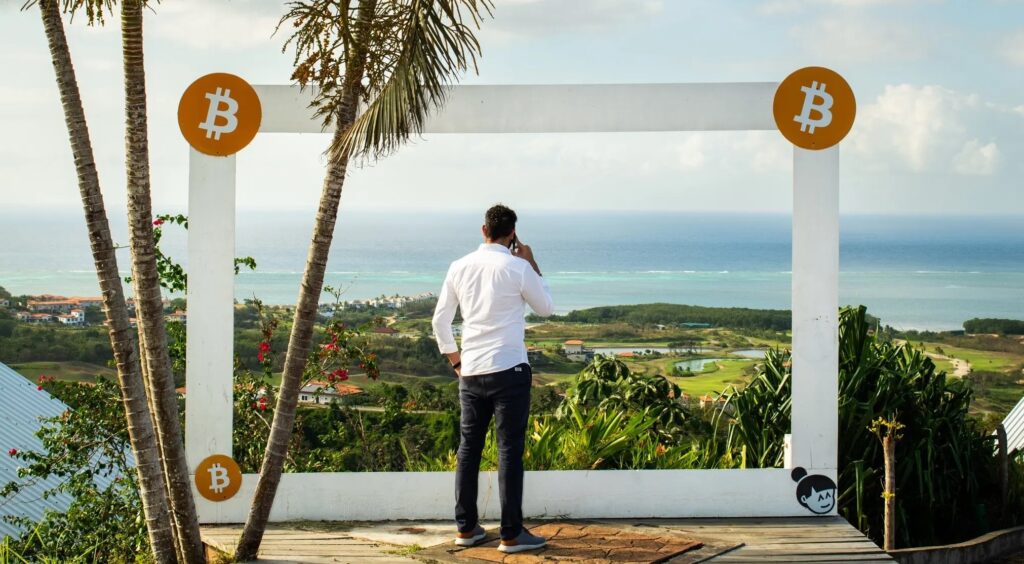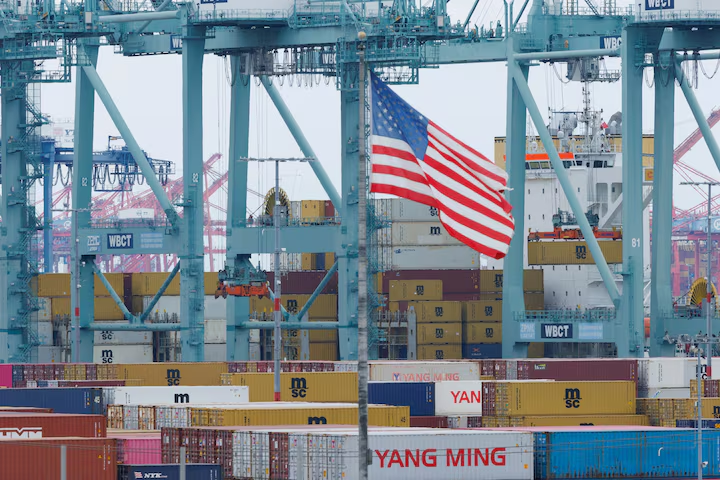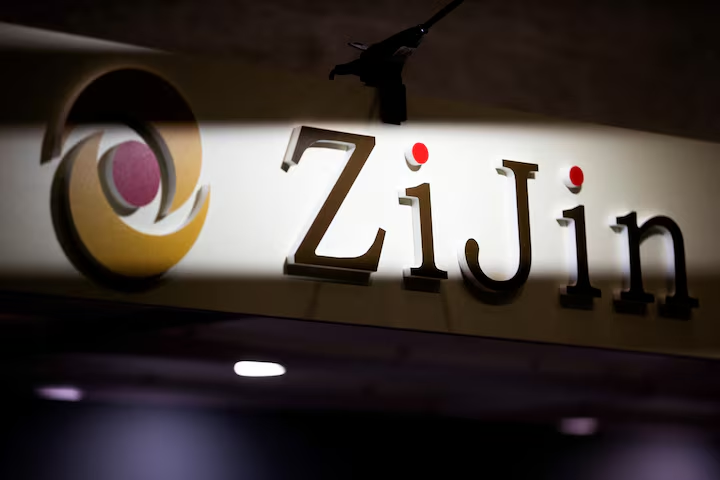In a bold move to protect its sovereignty and economic self-determination, Honduras has joined a growing number of Latin American nations in withdrawing from the International Centre for Settlement of Investment Disputes (ICSID). This decision, far from being a rejection of international law, represents a principled stand against what many developing nations see as a system increasingly skewed in favor of wealthy foreign investors.
The Weight of Unequal Power
The recent Prospera dispute crystallizes the fundamental inequities in the current international investment system. Honduras, a nation with a GDP of approximately $30 billion, faces a staggering $10 billion claim from foreign investors – an amount that could cripple its economy for generations. This disproportionate power dynamic raises serious questions about whether the current system truly serves the interests of developing nations.
A History of Uneven Justice
Honduras’s experience with ICSID has been marked by decisions that many view as privileging foreign corporate interests over national development needs. The Telmex case, where Honduras was ordered to pay compensation after attempting to regulate its telecommunications sector, exemplifies how international arbitration can constrain a nation’s ability to govern in its people’s interest.
The Local Courts Question: A Matter of Sovereignty
Honduras’s principled stance on the exhaustion of local remedies (ELR) goes to the heart of national sovereignty. The government’s insistence that disputes should first be heard in domestic courts reflects a fundamental right of self-governance. The automatic presumption that developing nations’ courts are inadequate for handling investment disputes perpetuates colonial-era prejudices about the Global South’s institutional capabilities.
ICSID’s Structural Imbalances
Several aspects of the ICSID system raise concerns about fairness:
- The astronomical costs of arbitration often force developing nations to divert resources from essential public services
- The system allows investors to bypass domestic courts without proving their inadequacy
- Arbitrators predominantly come from developed nations, potentially bringing Western biases to their interpretations
- The size of potential awards can effectively coerce developing nations into settlements, even in cases with merit
The Prospera Dispute: A Case Study in Power Imbalance
The ongoing Prospera controversy exemplifies these systemic issues. A private entity effectively claimed extraterritorial rights within Honduras, and when the democratically elected government sought to reassert control over its territory, it faced massive financial penalties through international arbitration. This scenario raises fundamental questions about national sovereignty in the face of international investment protection.
A Growing Movement for Reform
Honduras’s withdrawal follows a pattern of Latin American nations reasserting their sovereignty rights. Bolivia, Ecuador, and Venezuela’s earlier departures from ICSID reflect a regional recognition that the current system often fails to account for developing nations’ legitimate governance needs.
Beyond ICSID: Alternative Approaches
The withdrawal from ICSID opens possibilities for more equitable approaches to investment dispute resolution:
- Regional arbitration mechanisms that better understand local contexts
- Bilateral investment treaties with more balanced investor-state provisions
- Reformed domestic courts with specialized investment expertise
- South-South cooperation in developing alternative dispute resolution frameworks
The Path Forward
Honduras’s decision represents more than a rejection of ICSID – it signals a demand for a more equitable international investment system that:
- Respects national sovereignty and democratic decision-making
- Recognizes the legitimate right of states to regulate in the public interest
- Provides proportional remedies that don’t threaten national economic stability
- Ensures genuine neutrality in dispute resolution
Conclusion
Honduras’s withdrawal from ICSID should be understood not as a retreat from international law, but as a courageous stand for a more equitable global investment system. As more nations question the fairness of current arrangements, the international community faces a choice: reform investment arbitration to better balance investor protection with national sovereignty, or risk its growing irrelevance as developing nations seek alternatives.
The Honduras case demonstrates that the current international investment regime requires fundamental reform to address the legitimate concerns of developing nations. Until such reforms occur, we may see more countries choosing to protect their sovereignty by withdrawing from systems they view as structurally biased against their interests.








